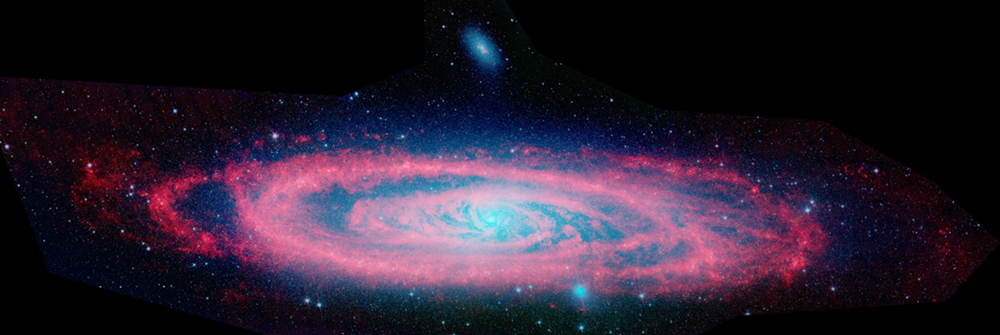Course Overview: University Physics

Galaxies are as immense as atoms are small and yet the same laws of physics describe both! Yes, you read that right, the same laws govern both! As well as the rest of nature. The laws of physics are surprisingly few in number, implying an underlying simplicity to nature’s apparent complexity.
University Physics is an algebra-based introductory physics course. There is no required textbook to purchase for this course. All course materials will be found inside the online classroom. Course readings will mostly be drawn from a free, online book. Specific reading assignments will be linked in each module.
This course is largely self-paced and therefore offers some flexibility in completing course assignments. The online platform is accessible via your devices 24/7/365. However, this course is built using a logical structure which builds course content as we progress. Therefore, it is imperative that you stay current on your coursework and assignments to avoid falling behind. Each course module contains a wealth of useful information to help you learn physics. In order to ensure proper preparation you will need to access and complete all parts of each module. The modules contain the following items:
- Module Topic
- Module Learning Objectives
- Reading(s)
- Video Lecture(s)
- Assessments:
- Discussion Forum
- Problem Set
- Module Quiz
- Course Exams (not in every module)
Additional Assessment Details |
|
Discussion Forums |
All modules have at least one required discussion forum. These forums are designed to mirror in class discussions among your classmates. Your grade is based on successfully contributing your original post and replying to your classmates’ postings. |
Module Problem Sets |
All modules have at least one required problem set assignment. These problem sets are graded but are meant to be a form of practice. Therefore, your grade is based on applying the appropriate effort in a logical and systematic manner. |
Module Quiz |
Each module has a quiz that consists of about 15-20 questions. Quiz questions are almost exclusively multiple choice. Typically there is only one chance to take each quiz but unlimited time to complete it. |
Course Exams |
The course consists of multiple exams that are cumulative in nature. This means that content learned along the way will continue to present in subsequent physics content due to the nature of physics learning. There is only one chance to take each exam and it is timed. |
Course Competencies:
With successful completion of this course, students will be able to:
- explain physics concepts relating to classical mechanics and the conservation of energy.
- develop and apply successful physics problem solving skills.
- interpret scientific information and draw logical inferences from representations such as formulas, equations, graphs, tables, and schematics.
- investigate physics phenomena by collection and organization of empirical data analysis.
- communicate scientific ideas and results effectively.